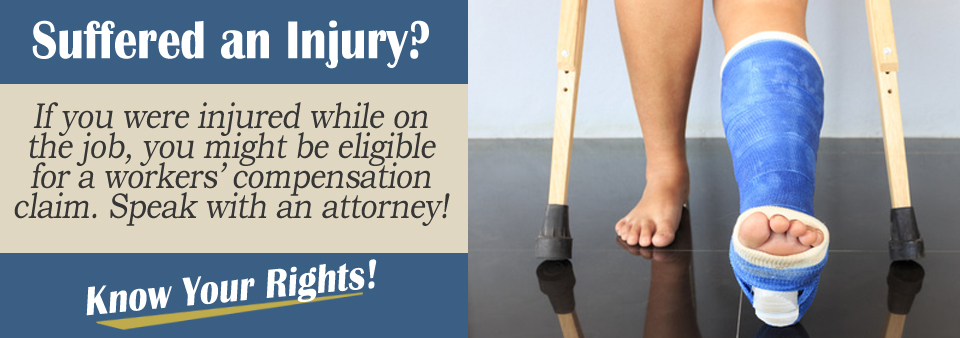When people are injured at work, they normally mean they are injured in their workplace, such as an office, factory, warehouse, mine or construction site, just to mention a few examples. But workers may also be injured while driving a company car or other vehicle.
If this is what has happened to you, you may rightly be concerned whether you are entitled to normal workers’ compensation. You may also be wondering whether you should sue the other driver, or whether you are liable for paying compensation yourself if you were to blame for the accident.
The Exact Scenario Determines Who is Liable for Compensation
There are several different scenarios that may determine who is liable in a traffic accident.
Firstly, were you driving a company vehicle solely for work purposes or were you using it for your own purposes? If the accident happened while you were driving the vehicle while at work, then workers’ compensation rules apply, assuming that your employer is insured for WC.
Workers’ compensation should also apply if you were driving your own vehicle and you were doing it as part of your work. Note that if you were injured while on a break, or when you were driving to and from work, then you would be unlikely to be covered by workers’ compensation.
Secondly, did you cause the accident, or were you hit by someone else and you are confident that the accident was due to their poor driving? In some cases, there may be more than two parties involved and fault may be shared. This can make determining who is liable more complicated.
Workers Comp. Should be Available if You Were on Work Business
As long as you were driving on work related business, then you should be entitled to claim workers’ compensation from your employer’s insurer.
Compensation is on a no-fault basis, so it shouldn’t matter if you were partly, or wholly to blame unless you actually committed a crime.
Workers’ compensation is restricted to medical treatment and a portion of any lost earnings. If you were using your own vehicle at the time, then compensation is not paid for property damage.
If you were to blame for someone else’s injuries, then it would be unlikely that you would be liable for compensating them. This should be covered by your employer’s insurance policy.
If you have been injured by another driver’s negligent actions, then in addition to possible workers’ compensation you may be entitled to claim compensation from the other driver through a civil claim.
This would mean filing a personal injury claim with the other driver’s insurance provider. Any compensation you obtain may be in addition to any workers’ comp., although WC payments for medical treatment and lost earnings may be taken into consideration.
The burden of proof in a personal injury claim is typically significantly higher than for a WC claim.

A WC Attorney Can be of Great Help After a Work-Related Car Crash
Work related car accidents and injuries are typically more complicated than workplace injuries, not least because third parties may be involved.
You are strongly advised to contact a workers’ compensation attorney if you are concerned about how you should approach claiming compensation. Most WC attorneys can also deal with a personal injury claim if that is necessary.